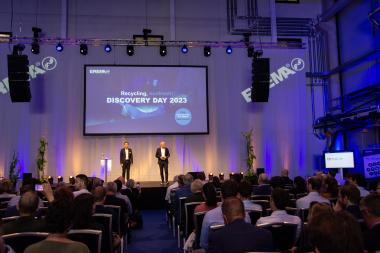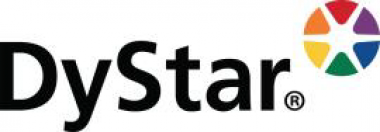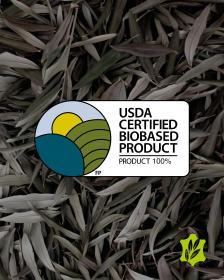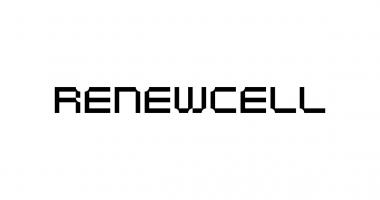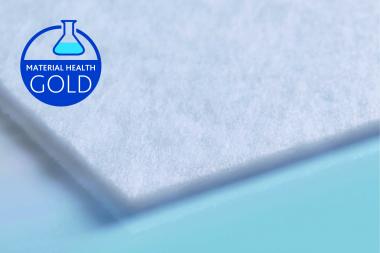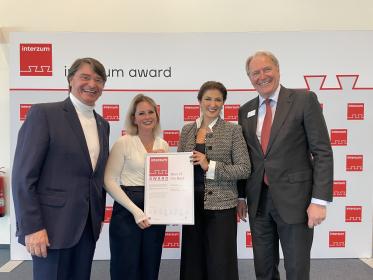EURATEX: Meeting about Industry 5.0 concept
On the occasion of EURATEX’ General Assembly held in Milan on 7 June, the European textile industry discussed the relationship between innovation, sustainability and people in the industry of tomorrow. EURATEX members welcomed the Textiles Transition Pathway, released on 6 June by the Commission, as a valuable roadmap to ensure a successful green and digital transition. The meeting in Milan was also the occasion to strengthen links with textile machine manufacturers, gathering at ITMA 2023.
Hosted by Sistema Moda Italia (SMI), EURATEX meetings addressed the crucial issue of how to develop new competitive business models for the future, following the Industry 5.0 concept. In 2021, the European Commission launched “Industry 5.0”, which puts the wellbeing of the worker at the centre of the production process and the use of new technologies to provide prosperity beyond jobs and growth, while respecting the production limits of the planet.
The keynote speakers, Francesco Pinto (Chairman, Yamamay) and Claudio Cavacini (Director of Retail Industry Solutions & Strategy, Salesforce), presented how the digital transformation is affecting companies in the retail industry and how they should adapt to maintain their competitive edge. A panel session of textile machinery manufacturers debated how their companies can help delivering this transformation through state of the art machineries. They all agreed that it requires common efforts by all actors and stakeholders along the textile value chain and public support to make the necessary investments. According to Enzo Maurer, ITMA President, ITMA 2023 in Milan will exactly showcase excellence in innovation and new available technologies to make a leap forward in sustainability.
According to Sergio Tamborini, "we are particularly honored to host this event organized by Euratex, the association which is the voice of the European textile industry and its demands, especially those concerning the circular economy. Sistema Moda Italia wants to play its part and there are priorities, from legislation on extended producer responsibility (EPR) in Italy to eco-design, where textiles and clothing will act as a testing ground. SMI's goal will be to continue to encourage the debate on circularity promoting it in all institutional settings aiming to a growing sustainable supply chain.”
Alberto Paccanelli, EURATEX President added: “Today’s discussions showed that we are ready to take up new challenges. Nevertheless, this transition towards a textiles 5.0 can only happen with the support of all actors, from policy makers to retailers. Today’s meeting was also the occasion to review the EU transition pathway for the textiles ecosystem, published yesterday by the European Commission. The pathway is the perfect example of a co-creation process between the European institutions and the stakeholders. We hope that other EU initiatives or legislative proposals will follow the same co-creative process.”
EURATEX





